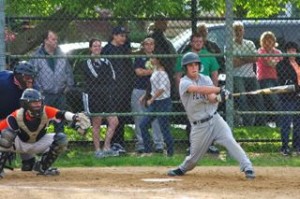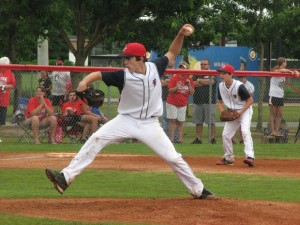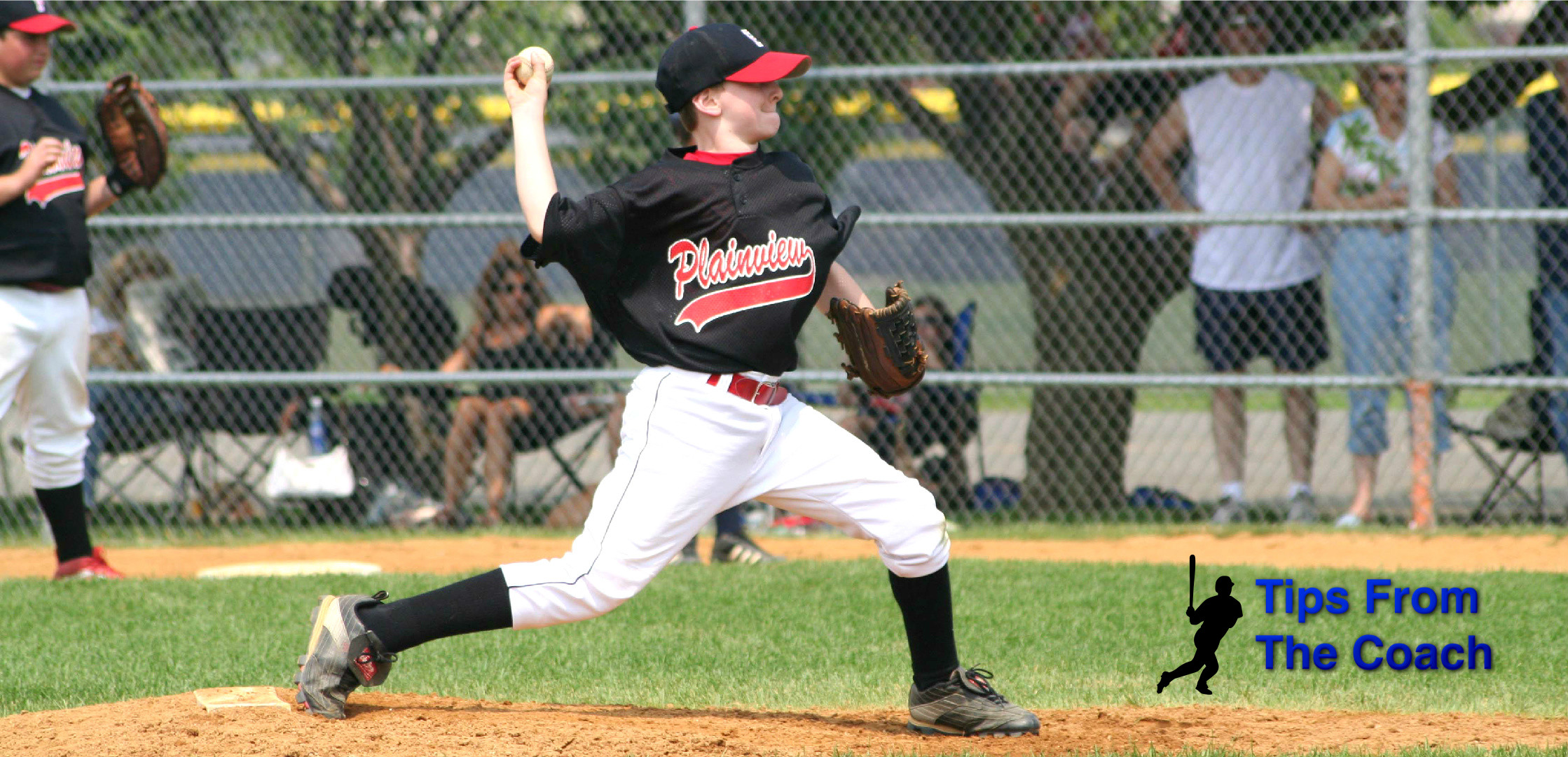It is so easy to ignore potential problems when things are going well. That goes for any aspect of your life, including baseball. Why mess with that hitter’s swing if he’s smashing the ball deep into the outfield more than any other player in the league? Why suggest that a pitcher changes his motion if he’s dominating opposing batters?
 The reason you would intercede is that if you have the knowledge, and admittedly that is an if, you should try to help someone from either hurting themselves or by developing a habit which will become so difficult to overcome in the future that they can’t possibly change. Like Johnny who often hits the ball into the trees, but he has a huge stride which blends in with his swing. At twelve years old, facing pretty much only fastballs and slow fastballs, he seems “fine,” and even great when compared to other kids But this bad habit won’t be exposed until high school. Then he will likely miss any pitch that has significant movement – as all other pitches do. He’ll be ill prepared to square up curveballs, changeups, sliders, two-seam fastballs, cutters – pretty much every other pitch on the planet.
The reason you would intercede is that if you have the knowledge, and admittedly that is an if, you should try to help someone from either hurting themselves or by developing a habit which will become so difficult to overcome in the future that they can’t possibly change. Like Johnny who often hits the ball into the trees, but he has a huge stride which blends in with his swing. At twelve years old, facing pretty much only fastballs and slow fastballs, he seems “fine,” and even great when compared to other kids But this bad habit won’t be exposed until high school. Then he will likely miss any pitch that has significant movement – as all other pitches do. He’ll be ill prepared to square up curveballs, changeups, sliders, two-seam fastballs, cutters – pretty much every other pitch on the planet.
What about Tommy, the 12-year-old pitcher that dominates the competition. He throws the ball past most kids, and even hurts his catcher’s hand. He’s big and mature for his age. But he moves towards the plate in one piece like a telephone pole falling, and stops his throwing arm abruptly after release, like it’s hit a brick wall. When he’s older, his ability to create velocity with his motion will top out unless he learns to separately rotate his torso from his lower half. And abruptly stopping his arm rather than giving it as much time as possible to decelerate put much more stress on the small ulnar collateral ligament in the elbow. So he’ll either feel significant elbow pain, reduce his velocity and innings pitched, or wind up needing elbow rehab or surgery. Or just give up baseball entirely.
 Sometimes when a player is doing well, even if we see something that they’re doing that can hinder their growth or hurt them later, we usually don’t mention anything because, hey, they’re succeeding. How many times do you hear “If it ain’t broke, don’t ‘fix’ it”? Most coaches try not to look for problems if things are going well. Who can blame them, especially if they’re not be certain of what’s wrong. But if you are sure its a problem, ignoring it leads someone into a far bigger problem down the road.
Sometimes when a player is doing well, even if we see something that they’re doing that can hinder their growth or hurt them later, we usually don’t mention anything because, hey, they’re succeeding. How many times do you hear “If it ain’t broke, don’t ‘fix’ it”? Most coaches try not to look for problems if things are going well. Who can blame them, especially if they’re not be certain of what’s wrong. But if you are sure its a problem, ignoring it leads someone into a far bigger problem down the road.
Hindsight is always 20/20. It’s easy for me to say now about something of concern that I noticed in Stephen Strassberg’s or Matt Harvey’s delivery. So let me first say that I admire the Cardinals and their long history of success. One of my best friends, Brent Strom, has worked for them over the last six years as their Minor League Pitching Coordinator. Despite the fact that he has become the number-two starter as a rookie and is the kid that everyone is raving about, I am concerned that Michael Wacha will hurt his arm sooner rather than later.
I see Wacha locking out his elbow early in his delivery and keeping it that way for some time. He also uses the hypermobility in his throwing shoulder to create more whip from his whole arm, rather than bending and using his elbow during the beginning and end of his arm movement. This creates a pretty long lever that he uses for a number of advantages, including making his fastball and changeup look very similar. Nonetheless, he puts more stress on both the front and back of his shoulder, and may create bone chips in his elbow. His body obviously tolerates these stresses better than most of us, but if I were his pitching coach, I’d say something. So Michael Wacha, don’t let anyone say they didn’t tell you to watch out.




No Comments
No comments yet.
RSS feed for comments on this post.
Sorry, the comment form is closed at this time.